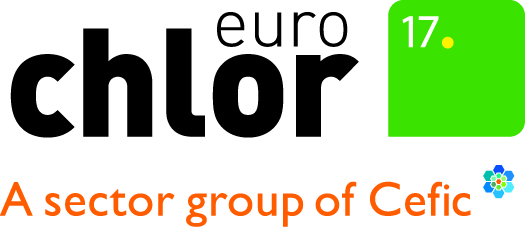Persistent Organic Pollutants (POPs)
The Stockholm Convention on Persistent Organic Pollutants (POPs) is a global treaty designed to protect human health and the environment from organic chemicals which are so stable that they remain in the environment for many years. These chemicals become widely distributed geographically and are also prone to accumulate in living organisms. The text of the Convention was adopted on 23 May 2001 and entered in to force on 17 May 2004.
The Convention initially identified 12 POPs (the so-called “dirty dozen”) and requires Parties to take specific measures to control their manufacture, use, release and disposal. It also established a mechanism for identifying new potential POPs, their scientific evaluation and establishing what measures are needed to protect human health and the environment.
The challenge for the chemical industry is to ensure that a science- and risk-based approach is the basis for the nomination and assessment of candidate chemicals that may in future be considered as POPs. Euro Chlor is closely monitoring developments with regard to this general challenge and is specifically following the evaluation of two chlorinated chemicals which have been discussed in the context of the Convention SCCP and HCBD.
At the 2017 COP in Geneva, short chain chlorinated paraffin (SCCP) was listed on Annex A (elimination) with a list of specific exemptions that covered nearly all current uses. These exemptions are being applied for by those interested parties. Such applications must take place by 2019 and will be evaluated by POPRC in their 2020 meeting for presentation at COP10 in 2021. Such uses are often given a 5-year lifespan with a possibility of an additional 5-year extension.
Questions were again raised by several parties on whether SCCP meets the bioaccumulative and long-range transport criteria and chemical identity was also questioned. A 1% limit was placed in mixtures containing SCCPs, despite the fact that, when one considers the chemistry of these substances, SCCP cannot be present in MCCP or LCCP.
Hexachlorobutadiene (HCBD) was listed on Annex C of the convention (reduction of unintentional production) in 2017.
Euro Chlor has also contributed to the debate with the EU Commission on establishing concentration limits for POPs in waste. Euro Chlor has further contributed to the development of guidelines for the environmentally sound management of persistent organic pollutant wastes and in developing BAT and BEP Guidelines and the Basel POPs Waste Guidelines. BAT/ BEP guidelines are developed as general guidance, recognising that local conditions, resources and economics should be taken into account.
The application of these techniques and practices by numerous countries has been successful in dramatically reducing releases of unintentional POPs and in safely managing POPs wastes. These guidelines also help resolve previous unjustified accusations that have been made against the chlorine and PVC industries regarding release of the unintentional by-products dioxins and furans.
More information about The Stockholm Convention on POPs on chm.pops.int
